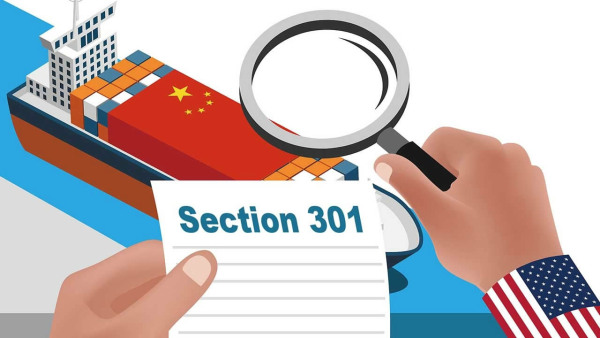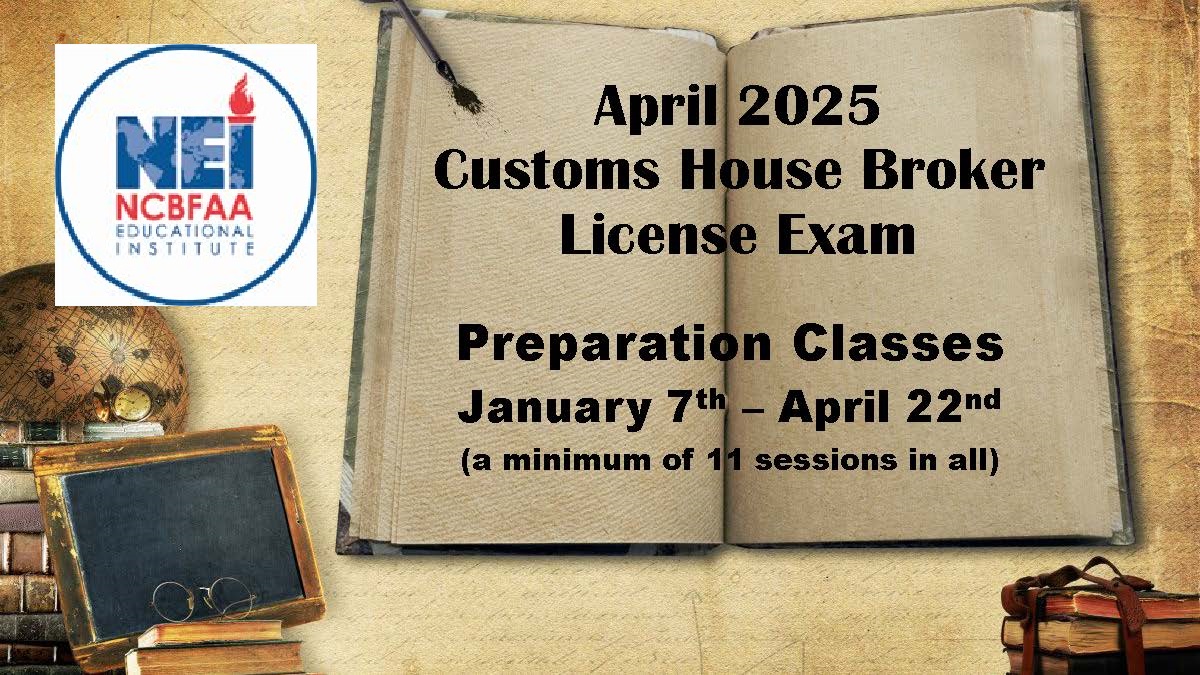The Department of Commerce’s Bureau of Industry and Security (“BIS”) has released an interim final rule amending the Export Administration Regulations (“EAR”) in order to further restrict China’s ability to obtain advanced computing chips, develop and maintain supercomputers, and manufacture advanced semiconductors.
New Controls Related to Advanced Computing and Semiconductor Manufacturing
BIS’s rule on advanced computing and semiconductor manufacturing addresses U.S. national security and foreign policy concerns in two key areas. First, the rule imposes restrictive export controls on certain advanced computing semiconductor chips, transactions for supercomputer end-uses, and transactions involving certain entities on the Entity List. Second, the rule imposes new controls on certain semiconductor manufacturing items and on transactions for certain integrated circuit (IC) end uses.
The interim final rule:
1) Adds certain advanced and high-performance computing chips and computer commodities that contain such chips to the Commerce Control List (CCL). Specifically:
- Two new Export Control Classification Numbers (ECCNs) 3A090 for specified high-performance ICs and 4A090 (computers, “electronic assemblies,” and “components,” not elsewhere specified (n.e.s.), containing ICs in ECCN 3A090);
- Both new ECCNs are controlled for RS reasons for exports or reexports to China, through the addition of a new RS control in § 742.6(a)(6) of the EAR;
- The two ECCNs are also controlled for antiterrorism (AT) reasons when destined to a country that has an AT:1 license requirement (Iran § 742.8, Syria § 742.9, or N. Korea § 742.19);
- Associated “software” and “technology” controls on the CCL for the items controlled in ECCNs 3A090 and 4A090 are found in ECCNs 3D001, 3E001, 4D090, and 4E001, respectively. This rule controls the “software” and “technology” for RS reasons when destined to China, in addition to the other reasons described in those ECCN entries;
- New RS license requirement has been added to the License Requirement tables within ECCNs 3D001, 3E001, and 4E001 for these items; and
- BIS is also adding RS license requirements to the License Requirement tables within ECCNs 5A992 and 5D992 to address circumstances when these ECCNs meet or exceed the performance parameters of ECCN 3A090 or 4A090.
2) Creates a new end-use control in the form of new license requirements for items destined for a supercomputer or semiconductor development or production end use in the PRC;
3) Establishes new Foreign Direct Product (“FDP”) rules covering certain foreign-produced advanced computing items and foreign produced items for supercomputer end uses;
4) Expands the scope of foreign-produced items subject to license requirements to twenty-eight existing entities on the Entity List that are located in China;
5) Adds certain semiconductor manufacturing equipment and related items to the CCL. Specifically:
- Advanced semiconductor manufacturing equipment are now covered under a new ECCN 3B090, controlled for RS and AT reasons.
- Adds references to new ECCN 3B090 under the related “software” and “technology” controls under ECCNs 3D001 and 3E001;
- Creates a new end-use control for any item subject to the EAR when the exporter, reexporter, or transferor knows the item is for “development” or “production” of ICs (packaged or unpackaged) at a semiconductor fabrication “facility” located in the PRC that fabricates ICs (packaged or unpackaged) that meet certain specified criteria under § 744.23. Finally, this rule informs the public that certain specific “U.S. Persons” activity to support the development or production of integrated circuits (packaged or unpackaged), now requires a license.;
- The relevant thresholds are as follows:
i. Logic chips with non-planar transistor architectures (I.e., FinFET or GAAFET) of 16nm or 14nm, or below;
ii. DRAM memory chips of 18nm half-pitch or less; and
iii. NAND flash memory chips with 128 layers or more.
6) Restricts the ability of U.S. persons to support the development, or production, of ICs at certain PRC-located semiconductor fabrication “facilities” without a license;
7) Establishes a Temporary General License (TGL) to minimize the short-term impact on the semiconductor supply chain by allowing specific, limited manufacturing activities related to items destined for use outside the PRC.
The semiconductor manufacturing item restrictions are effective October 7, 2022. The restrictions on U.S. persons’ ability to support the development, production, or use of ICs at certain PRC-located semiconductor fabrication facilities is effective five days later, on October 12, 2022. And, the advanced computing and supercomputer controls, as well as the other changes in the rule, are effective 14 days later, on October 21, 2022.
Public comments on all of these changes are due to BIS no later than 60 days from the date of Federal Register publication. The text of the rule is available on the Federal Register’s website.
Revisions to BIS’s Unverified List:
In response to difficulties in conducting end-user verifications in China, BIS is also updating its regulations related to BIS’s Entity List to clarify that a sustained lack of cooperation by the PRC government preventing BIS from determining compliance with the EAR may lead to the addition of an entity to the Entity List. An illustrative example provided along with the new rules demonstrates how sustained lack of cooperation by a foreign government preventing BIS from verifying an end-user on the Unverified List (“UVL”) can result in those entities being moved to the Entity List if an end-use check is not timely scheduled and completed.
The interim final rule also adds 31 new entities to UVL and removes 9 entities that have met relevant requirements. The text of the rule, which includes the list of parties added and removed, is available here. The rule takes effect on October 7, 2022.
In conjunction with these interim final rules, BIS has issued a policy memorandum addressing foreign government prevention of end-use checks. The memorandum calls for adding parties to the UVL 60 days after checks are requested but host government inaction prevents their completion, and an additional 60-day process for adding UVL parties to the Entity List when there is a sustained lack of cooperation by a host government to facilitate completion of the checks. BIS’s memorandum is available for review on their website.
Please contact one of our attorneys if you have any questions or require any additional information with regard to export controls.




